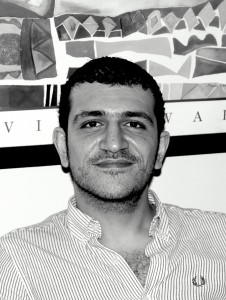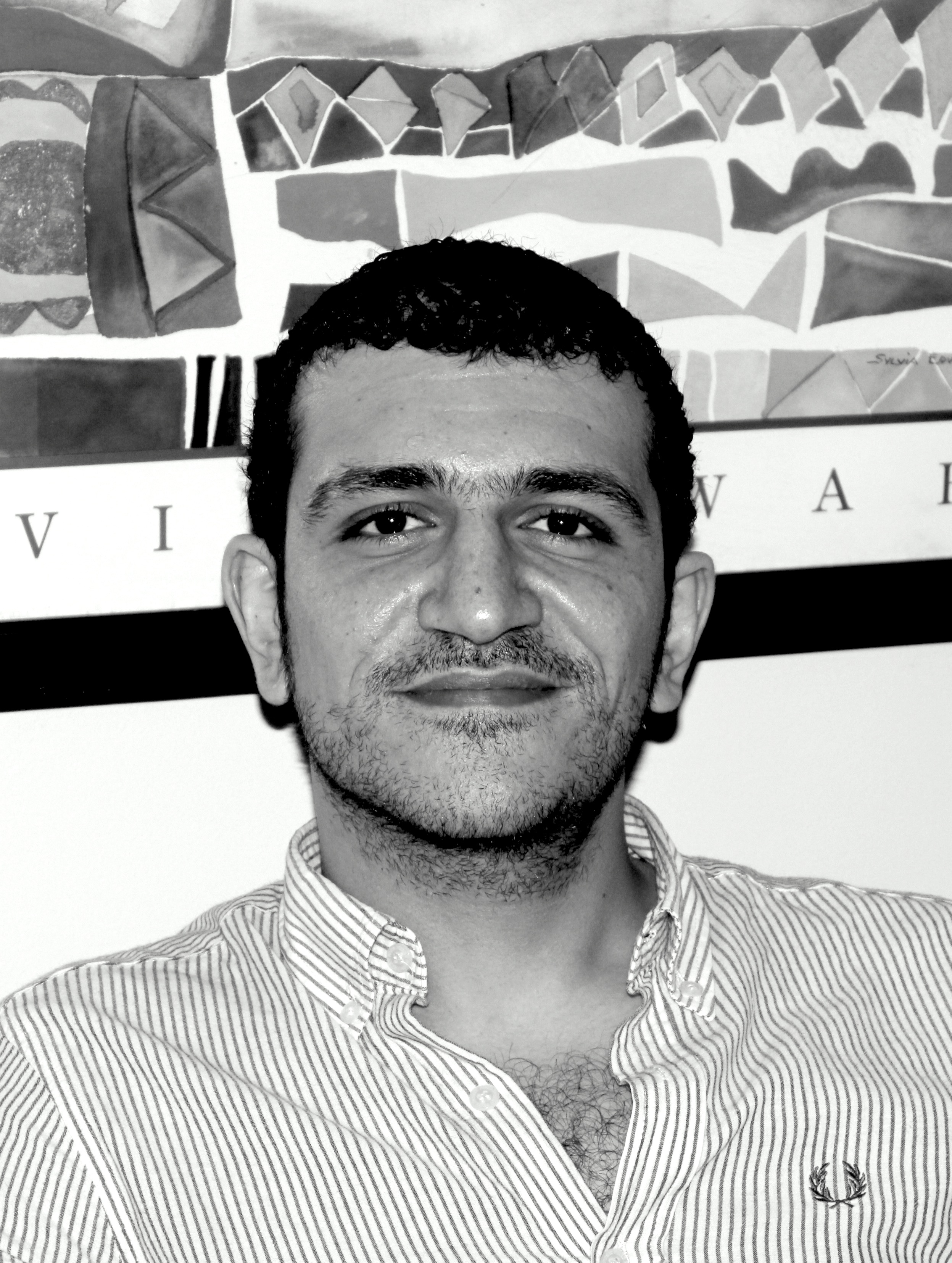Egyptian political theatre never fails to entertain, and its latest clowns and the sheer absurdity of their demands made for quite a show in these last few weeks. Mohamed Abu Hamed’s call for a “revolution” to end the rule of the Muslim Brotherhood and what he dubbed as the “ikhwanisation of the state” is not only indicative of how fatuous his thought process is, but also how juvenile his understanding of the basic elements essential to mobilising the masses.
 After almost twenty months of rich political drama, doctoral candidate Abu Hamed seems to believe that in politics, whoever has the right facts wins the argument, and, more importantly in this case, the masses. The seemingly out-of-touch politician called for a revolution to abolish the new regime, or so he had his followers convinced.
After almost twenty months of rich political drama, doctoral candidate Abu Hamed seems to believe that in politics, whoever has the right facts wins the argument, and, more importantly in this case, the masses. The seemingly out-of-touch politician called for a revolution to abolish the new regime, or so he had his followers convinced.
Whether it is ignorance or intentional disregard to the gravity of the call, Abu Hamed’s master plan risibly backfired, empowering those he is devotedly struggling to vilify.
By neglecting the psychological dimension of the equation, Abu Hamed managed to transform himself into a permanent pariah, just another blabbermouth seeking his fifteen minutes of fame. The absence of an articulate vision in his message, coupled with his lack of comprehension to the most basic factors that influence the decision-making of ordinary citizens, particularly in politics, meant his failure was inevitable.
Abu Hamed seemingly does not grasp that the political choice of the average citizen is driven more by the emotional than the rational. People tend to seek to identify with the character of a leader before they pay attention to the message. In the case of Abu Hamed, his hard-core offensive against the Muslim Brotherhood comes off as extremely arrogant, bitter and petty, a glorified version of the latest Egyptian TV sensation Tawfik Okasha.
The esteemed former member of parliament seems to be oblivious to the notion that in the game of politics, facts on their own never suffice, that appealing to the rational side of the masses is only part of the game, the easiest part in fact. He ignored another crucial and utterly complex factor, one that is arguably more important, one that the Muslim Brotherhood understand and employ skilfully throughout their campaigns and strategies; that of appealing to the irrational side of human beings, the unconscious drives that often override our rational thinking and logical decision-making.
Abu Hamed’s movement could have had a much stronger impact and a fairly large popular representation if he had conceptualised well-defined, realistic demands. Instead of hiding behind an amorphous litany of justifications detailing the brotherhood’s deceptions and shameful deeds, he could have attempted to present a thought-out and well-structured strategy planting the seeds of a strong political opposition, one that is capable of keeping the new government in check through the proper democratic channels. More importantly, if he had taken the time to ponder the root of the unrivalled prowess of the Muslim Brotherhood’s organisation, Abu Hamed would have realised the futility of calling for a “revolution” against the new regime.
Unwittingly, Abu Hamed’s drama is reflective of a depressing reality; it revealed the level of fragmentation and utter feebleness of the liberal opposition. If we choose to ignore the preposterous rhetoric of “destroying the empire of the Ikhwan and nationalising their property” from Abu Hamed’s message, we’ll find that the demands of such movement are in line with those of any liberal movement. The notions of preserving the civil status of the state, ensuring the creation of a just constitution, electing a parliament representative of all factions of society and keeping the religious right in check; these are common ideas shared by almost all liberal political actors. Such ideas will only materialise when a solid collective opposition is formed, united under one cause that balances the political scale.
I’ve always been a critic of the Muslim Brotherhood, but I also believe that genuine democracy comes at a cost. Most Egyptians that voted for Morsy did so out of fear of the old regime returning. However, that doesn’t necessarily mean that we have to conform to the results ensued from their cunning duplicity, we can fight back, we can try to set aside our subtle differences and focus on building a strong deterrent to the expansionist roadmap of the brotherhood.
Our nuanced ideas on garnering popular support should be focused; not to defame or pinpoint the failures and mistakes of our political rivals, but to work on promoting the virtues of liberal ideals in which we truly believe, keeping in mind that emotional factors often trump their rational choice.



